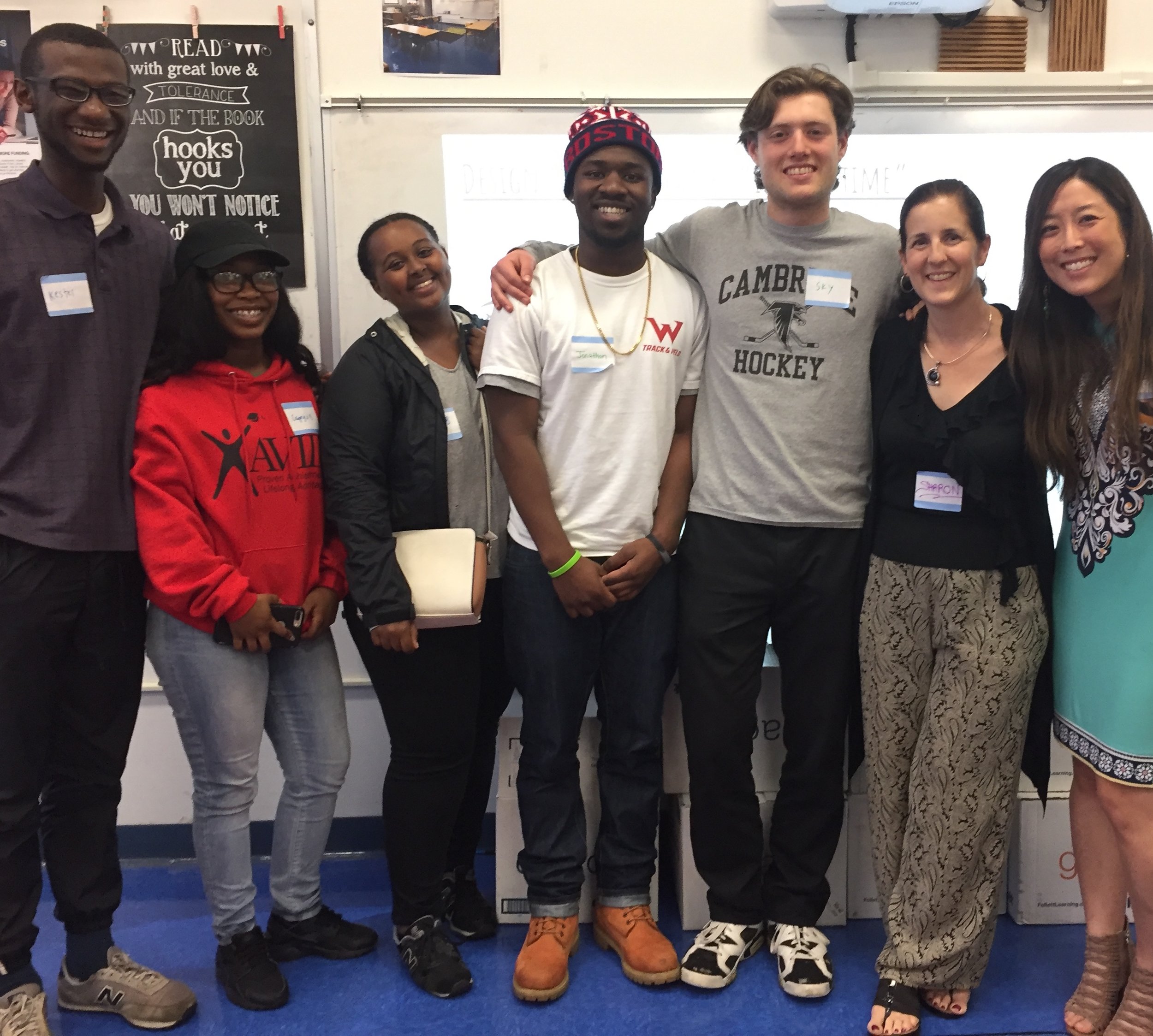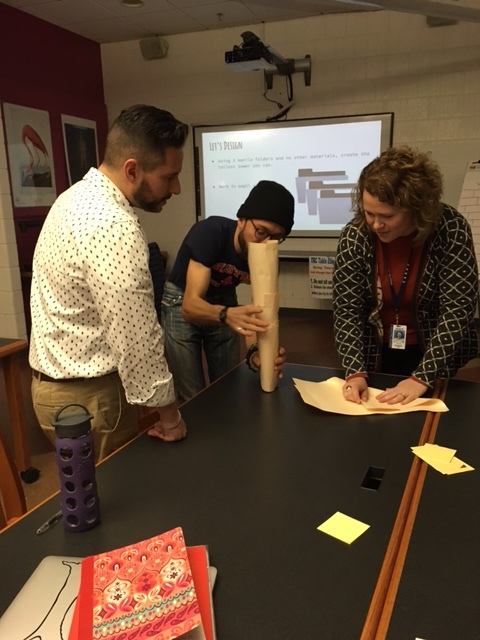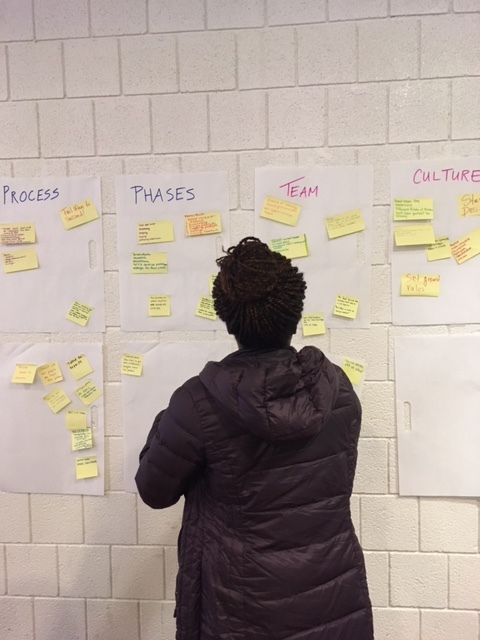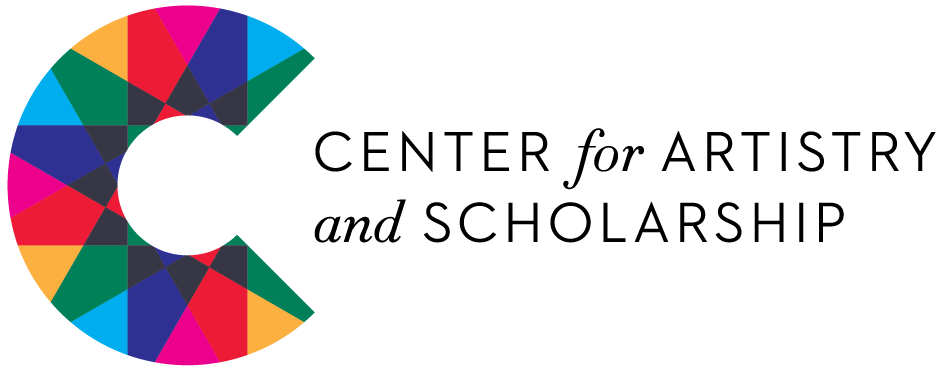Cambridge Educators Design Lab: 2017 Reflections
Angeline UyHam is our first Design Fellow. As we continue our partnership with Angie's newly launched organization, the Cambridge Educators Design Lab, we’ll be sharing updates about her work in Cambridge. Here are her year-end reflections for 2017.
Last year, I founded the Cambridge Educators Design Lab in partnership with the Cambridge Public Schools and the Center for Artistry and Scholarship. The goal of the Design Lab is to impact learning by emphasizing human-centered design to address existing challenges in education and beyond. The Design Lab strives to change the historically top-down approach in education, to create opportunities for educators to invent novel solutions, and to leverage community partnerships with local nonprofits, universities, and businesses in a powerful new way.
When I began this effort over a year ago, there was no physical structure, funding, or much awareness of what I was hoping to do. Instead, what was present was a sense of urgency due to the overwhelming number of district mandates and the need for educators to be shared decision-makers. Fortunately, a willing group of leaders and learners who wanted to change the status quo were open to trying a new approach. What emerged was a new model to co-design solutions in our schools, district, and community. In short: in the Design Lab, we work to identify challenges through conversation and discussion, engage in collaborative design-based problem solving, explore and prototype impactful solutions, and make them realities.
Our efforts to date show promising new directions for public education in Cambridge. Numerous Design Challenges have been accomplished as highlighted here, and many other ambitious efforts are just getting underway. This fall we launched roughly 20 Challenges with students, educators, administrators, and community members. A Design Challenge is a means of taking a problem, investigating it, and reframing it into a question that is inviting and inclusive. Really, it’s about shifting a problem into an engaging puzzle to solve. The approach was originally developed by Min Basadur, and now is widely used by the design firm IDEO and many others. In the Design Lab, we shift our intent from “designing for” to “designing with” others.
Since September, the Design Lab has co-designed with over 200 people through workshops, courses and coaching. According to one excited team member, “The Design Lab is an opportunity that all educators are hungry for. It provides us a chance to do what we ask our students to do everyday and what they show us is quite possible---taking risks, experimenting, being mindful, solving problems, playing with the possibilities.” We also are changing the way professional learning has typically happened in Cambridge by partnering with the Cambridge Agenda for Children OST Initiative to create more opportunities for a variety of educators who work with Cambridge youth to come together to listen, learn and collaborate with each other.



On any given day in the d.Lab, there might be an administrator collaborating with a student, or a classroom teacher working with a local storyteller, city architect, and technology specialist. This type of designing not only cultivates creative problem-solving, but also moves us toward tangible solutions. Two additional outcomes that I’m looking forward to include a Student Design Lab and an Innovation Council, both of which are models that create the conditions for experimentation and new ways of thinking, and engage an ever broader audience in this ambitious and inspiring endeavor.


